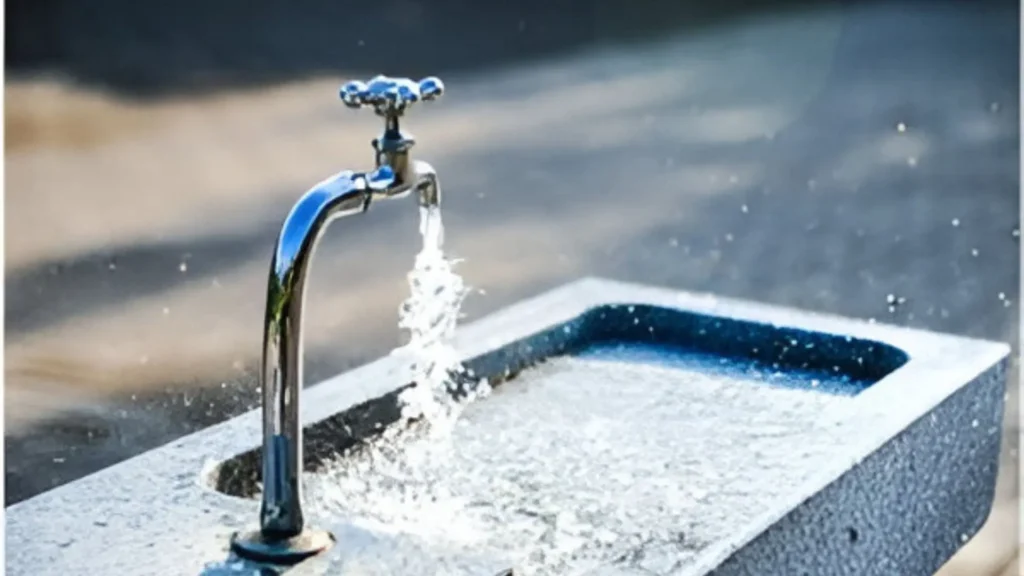Often, property owners and eco-aware individuals labor under the misconception that water softeners are considerable energy hogs, contributing largely to residential electricity bills. This assumption, though convoluted, is by and large a fable. In truth, water softeners demonstrate impressively low power usage, particularly when contrasted with other ubiquitous household machines.
To illustrate, imagine ordinary whole home water softening solutions found in a commonplace home. Contemporary water softeners demand a mere 20-30 watts of power in action, equivalent to the capacity of a dwarf-sized LED bulb. On the other hand, regular domestic tools like refrigerators, washing machines, or air conditioners demand a significantly larger surge of electricity. A single refrigerator alone may draw anything from 100-800 watts, while an air conditioner can scale up to a whopping 3,500 watts or more.
Environmental And Economic Gains
The evolution of contemporary water softening methodologies has made them more energy-conscious than ever before. These systems, in using less power, aid in lessening a household’s overall carbon imprint. This comes as a significant benefit for eco-sensitive homeowners aiming to diminish their earthly effect.
From an economic perspective, the energy costs linked with maintaining a modern water softener are relatively humble. Their trifling power usage ensures that the additional charge on your power bill is barely noticeable. Additionally, water softeners offer several indirect fiscal benefits including:
- Extended Device Longevity: The presence of hard water instigates scale buildup in plumbing and appliances, curtailing their efficiency and lifespan. Water softeners alleviate this concern, extending the age of your devices and reducing the necessity for expensive maintenance or replacement.
- Elevated Efficiency: Soft water boosts the efficacy of water heaters and other tools, leading to curtailed power usage and lessened electricity bills.
- Minimal Detergent Usage: Soft water augments the productivity of soaps and detergents, meaning less is more, thereby saving money on household cleaning supplies.
Innovative Water Softening Technologies
Recent breakthroughs in water softening technology have birthed systems that are not just highly energy-conserving, but also highly effective at treating hard water. Some of these avant-garde systems employ demand-initiated regeneration (DIR) technology, which refreshes the resin only when required, rather than on a hardcoded schedule. This optimization drastically curbs water and energy squander.
Moreover, some water softeners come with advanced capabilities, such as personalized settings and live monitoring, permitting homeowners to track their system’s performance and fine-tune settings for peak efficiency.
In Conclusion
The preconceived notion that water softeners are major energy guzzlers is a substantial myth. Contemporary water softeners are crafted to be exceedingly energy-efficient, utilizing minimal power and offering numerous environmental and economic rewards. By dispelling this misconception, we can more effectively value the importance of installing a water softener in our residences.
For homeowners and environmentalists aiming to elevate their water quality without significantly influencing their energy usage or the environment, contemporary water softening technologies offer a superlative solution. With their capacity to improve appliance performance, lengthen the lifespan of home systems, and decrease overall costs, water softeners are an astute investment for any household.


